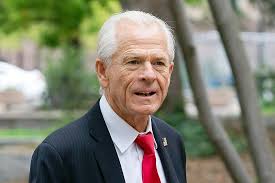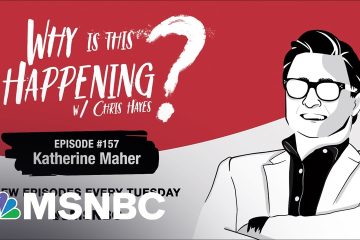The Influence of Peter Navarro in U.S. Politics and Economics

Introduction
Peter Navarro, an economist and former White House advisor, has recently been in the news due to his controversial views and actions during the Trump administration. His role in shaping U.S. trade policy has sparked debates regarding protectionism and economic strategy, making his influence an important topic in contemporary political discourse.
Background of Peter Navarro
Born on July 15, 1949, Navarro earned his Ph.D. in economics from Harvard University. His career primarily spans academia and government, during which he authored several books on trade and economic issues. He became a prominent figure during Donald Trump’s presidency, serving as the Director of the Office of Trade and Manufacturing Policy. Navarro advocated for aggressive trade policies, notably focusing on China, which he viewed as a significant threat to U.S. economic interests.
Recent Developments
As of late 2023, Navarro’s name has resurfaced due to his legal troubles linked to contempt of Congress charges. He has been accused of defying a subpoena related to the January 6 Capitol riots investigation, sparking discussions about executive privilege and accountability. His situation reflects larger themes within U.S. politics, particularly concerning the ongoing polarization and differing perceptions of democratic processes.
Navarro’s Economic Policies
Navarro’s economic policies have been both praised and critiqued. Advocates argue that his focus on reducing trade deficits and bringing manufacturing jobs back to the U.S. aligns with national interests. Conversely, critics contend that his approach may lead to retaliatory tariffs that could harm American consumers and businesses. The implications of his policies continue to be felt, especially in the context of ongoing supply chain issues and global economic challenges.
Conclusion
Peter Navarro remains a polarizing figure in the landscape of U.S. politics and economic policy. As legal proceedings unfold and the nation’s political climate continues to evolve, his actions and the repercussions thereof will likely serve as a case study for future administrations. For readers, understanding Navarro’s impact is vital not just for grasping the complexities of current economic debates but also for anticipating future trends in U.S. governance.









